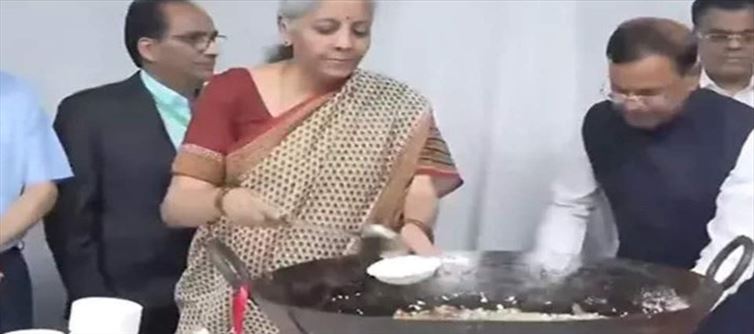
As 2025 dawns, a heated debate has erupted over the expiration of crucial export incentives and tax holidays for Special Economic Zones (SEZs), with industry leaders rallying for their revival. At the center of this controversy are the Remission of Duties and Taxes on Exported Products (RoDTEP) and the Interest Equalisation Scheme (IES), whose terms quietly ended on december 31. For many in the IT, technology, and artificial intelligence (AI) sectors, this expiration feels more like a ticking time bomb than a policy shift.
The Economic Stakes
Introduced in 2021, the RoDTEP scheme replaced the older Merchandise Exports from india Scheme (MEIS) to align with World Trade Organisation (WTO) guidelines. By refunding exporters for unutilized taxes and duties, RoDTEP became a lifeline for India’s export-driven economy, particularly for high-growth sectors like technology. Meanwhile, the IES helped exporters secure affordable credit through interest subvention. Together, these schemes formed a dual buffer against global market volatility.
“Without these measures, we risk undermining the competitiveness of India’s IT and AI industries,” warned raja Lahiri, Partner at Grant Thornton Bharat. Lahiri stressed that incentives like RoDTEP and IES were instrumental in driving export growth and cementing India’s status as a global technology hub.
The Call for Policy Intervention
industry insiders are also calling for an extension of SEZ tax holidays, which historically granted companies a decade of income tax exemptions, with partial benefits continuing until the 15th year of operations. However, a critical roadblock remains: the limited scope of the re-investment reserve under Section 10AA. Lahiri advocates for broader eligibility, enabling companies to reinvest tax savings beyond the initial 10-year window.
“Expanding these provisions would catalyze reinvestment, innovation, and sustainable growth in sectors that are pivotal for India’s economic future,” Lahiri stated.
A Balancing Act for Policymakers
While the industry’s demands carry weight, critics argue that extending tax holidays and export incentives could strain government revenues and distort competition. Some economists point out that india must gradually phase out subsidies and tax benefits to align with global trade norms and fiscal prudence.
Yet, for businesses relying on SEZ incentives, the stakes couldn’t be higher. The abrupt withdrawal of these benefits might not only dent profit margins but also derail expansion plans at a time when india is striving to rival tech giants like china and the U.S.
A Crossroads Moment
As policymakers deliberate, the controversy underscores a broader question: How can india strike the right balance between fiscal discipline and economic stimulus? For now, the industry’s fate hangs in the balance, and the world is watching closely.
What do you think? Are these incentives essential for India's growth, or is it time for the country to wean itself off subsidies? Join the debate!




 click and follow Indiaherald WhatsApp channel
click and follow Indiaherald WhatsApp channel